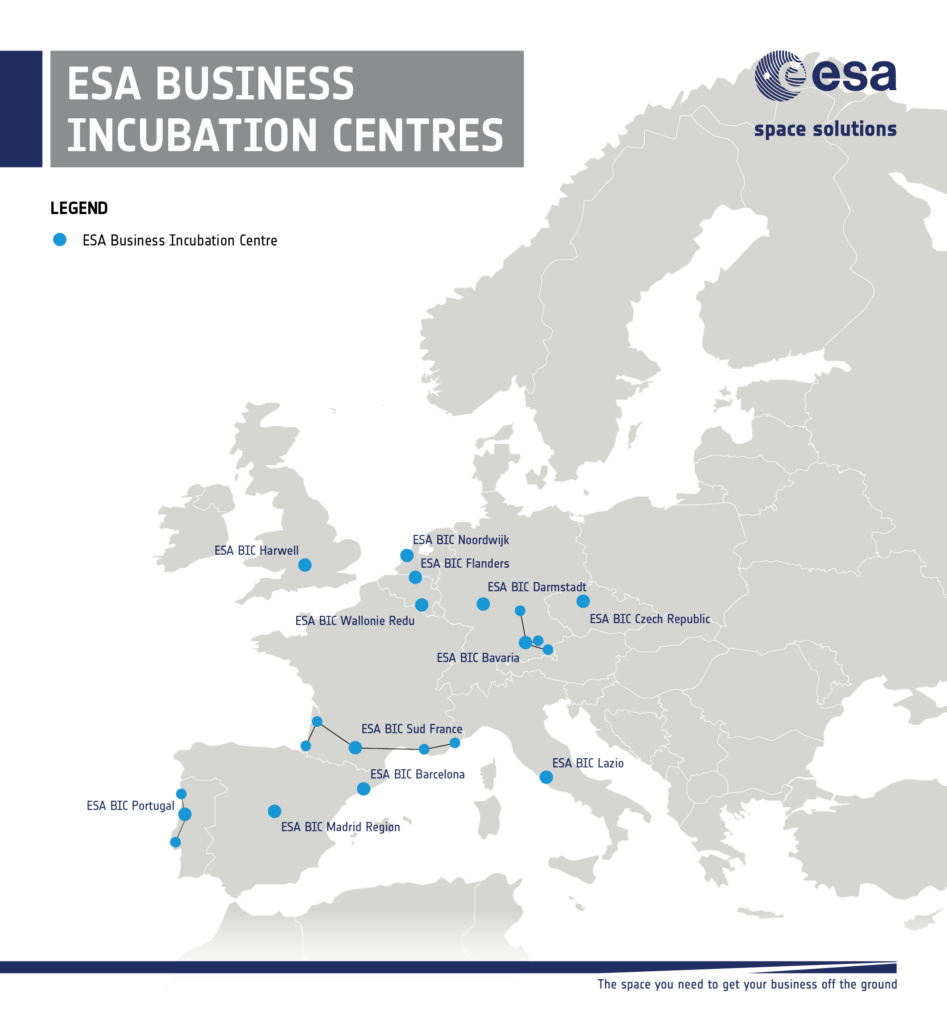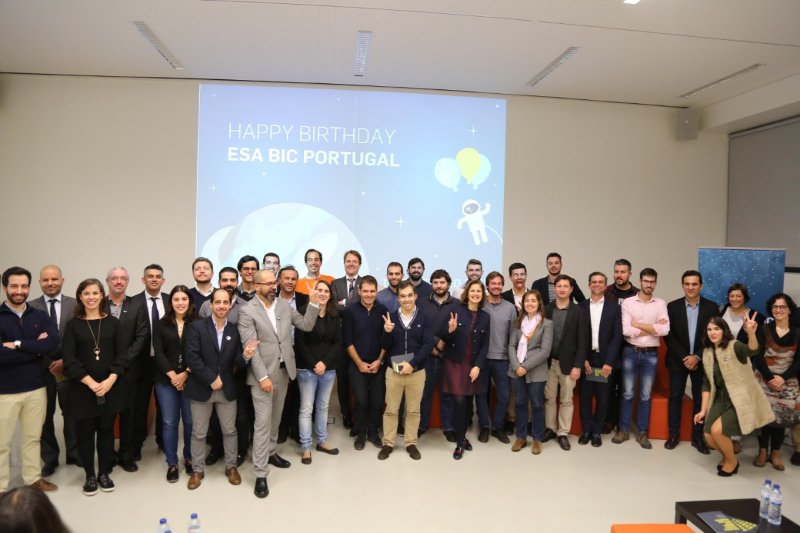The European Space Agency (ESA) Business Incubation Centre (BIC) in Portugal is looking for startups working on projects or innovations for space technology and the non-space tech market.
With 16 supported startups, ESA BIC Portugal now opens the door to startups with innovative product ideas and services designed for the space industry of the future, known as “Space 4.0.”
Space 4.0 represents the evolution of the space sector in a new era in which societies and individuals have a more active influence while data and services from the space sector are being disseminated on a larger scale.
All incubatees will have access to €50,000 to work on prototype, product or service development, and IPR management and protection. They will also benefit from 80 hours of technical support and business incubation support.
In addition to startups incorporating space technology in terrestrial applications, companies with new product and service ideas for the space market can also compete. Applications for 2018 are due on three specific dates: March 9, June 5, and November 5.
The ESA BIC is aimed at companies established in Portugal, under the age of five, that will have to develop, for a maximum of two years, an idea and a prototype.
ESA BIC Portugal has three incubation centers in the country: the Instituto Pedro Nunes (IPN) in Coimbra, UPTEC in Porto, and DNA Cascais in Cascais.

The Instituto Pedro Nunes is responsible for the overall management of the ESA Business Incubation Centre in Portugal. IPN partners with multiple public and private organizations to ensure an excellent support to entrepreneurs.
It is a new era in which space ceases to be a field accessible only to some governments of space nations, starting to unfold through interaction between governments, private, industry, education and society.
The incubator is looking for teams or startups up to five-years-old to use space technologies or systems to work on innovative solutions in a non-space environment (spin-offa), or exploitation of non-space technology in the space market (spin-inb).
The “spin-in” products and services shall address innovative solutions, possibly in conjunction with new business models, for the future space industry, aka “Space 4.0”. “Spin-in” encompasses solutions for optimising or developing processes, components, subsystems (up to an entirely new space system), all along the space value chain of payloads, satellites, launchers and ground stations, from concept definition, construction, manufacturing, assembly, integration, and testing all the way to launch, operations, and evaluation, using for instance COTS from non-space sectors, contemporary automation, big data, data exchange and manufacturing technologies, such as 3D-printing.
The European Space Agency is an international organisation with 19 Member States whose mission is to shape the development of Europe’s space capability and ensure that investment in space continues to deliver benefits to the citizens of Europe and the world.
By coordinating the financial and intellectual resources of its members, it can undertake programs and activities far beyond the scope of any single European country. Its job is to draw up the European space program and carry it through.
ESA’s programs are designed to find out more about Earth, its immediate space environment, our Solar System and the Universe, as well as to develop satellite-based technologies and services, and to promote European industries.

